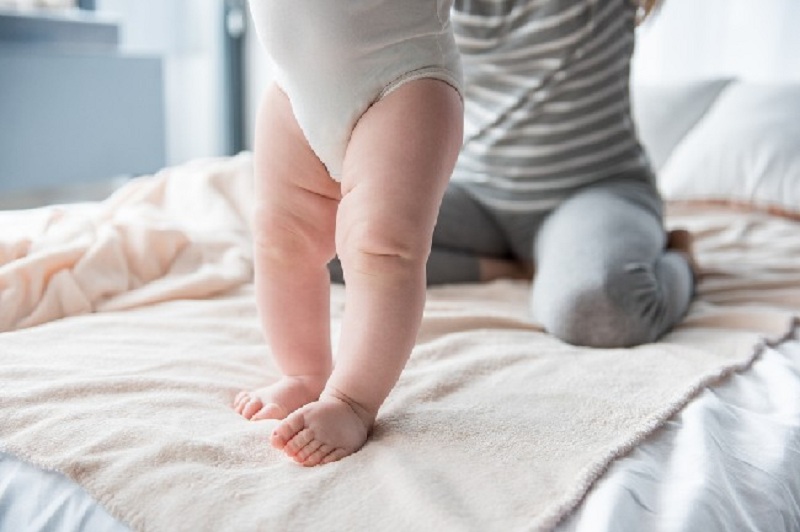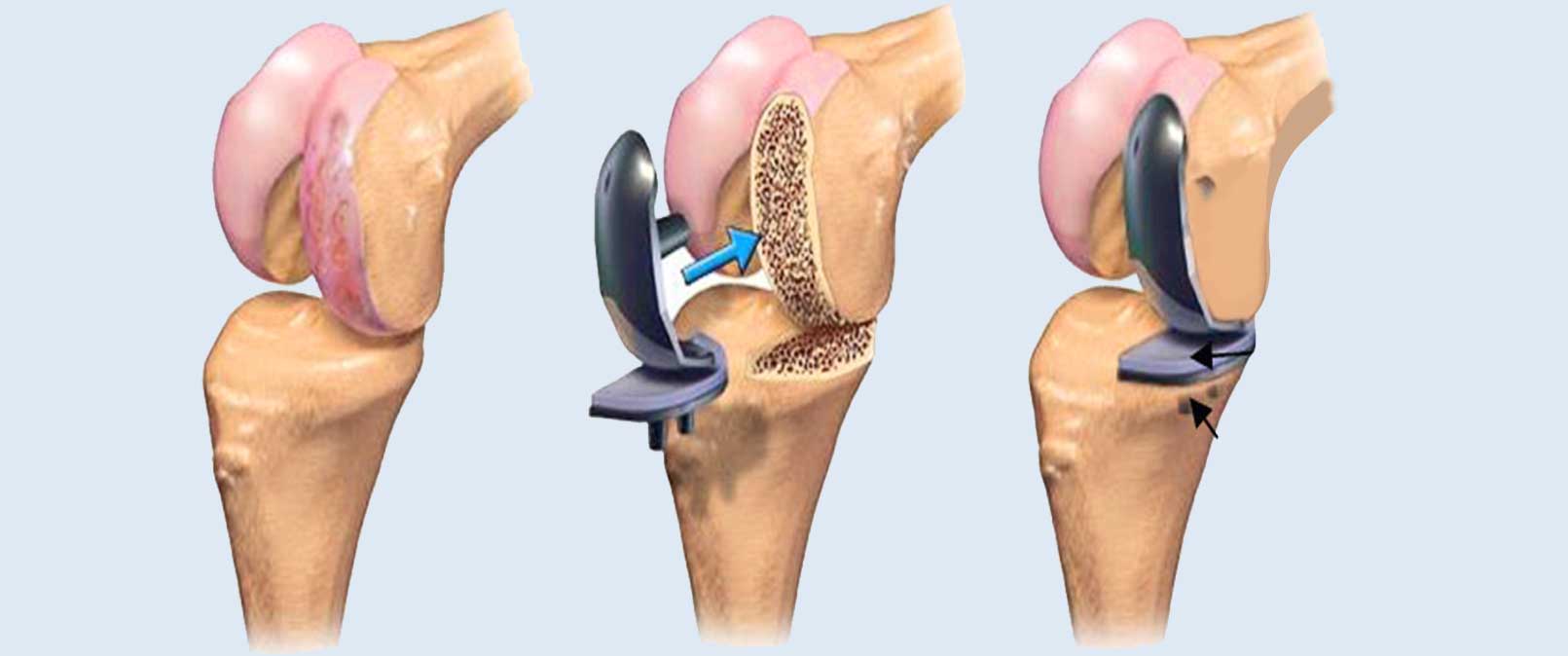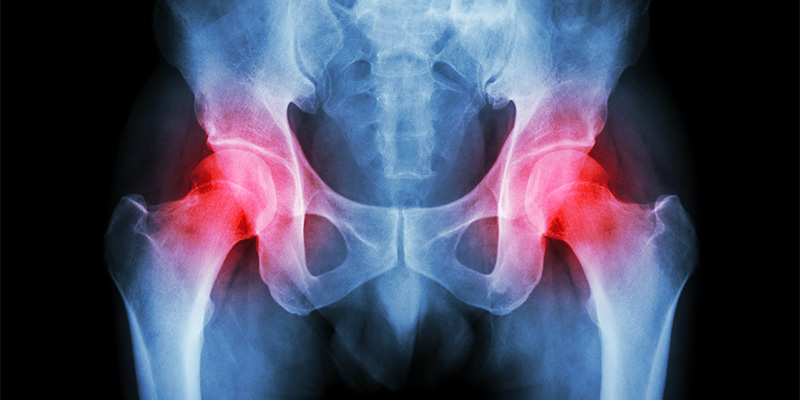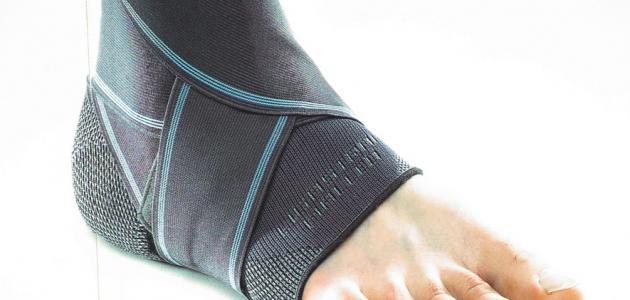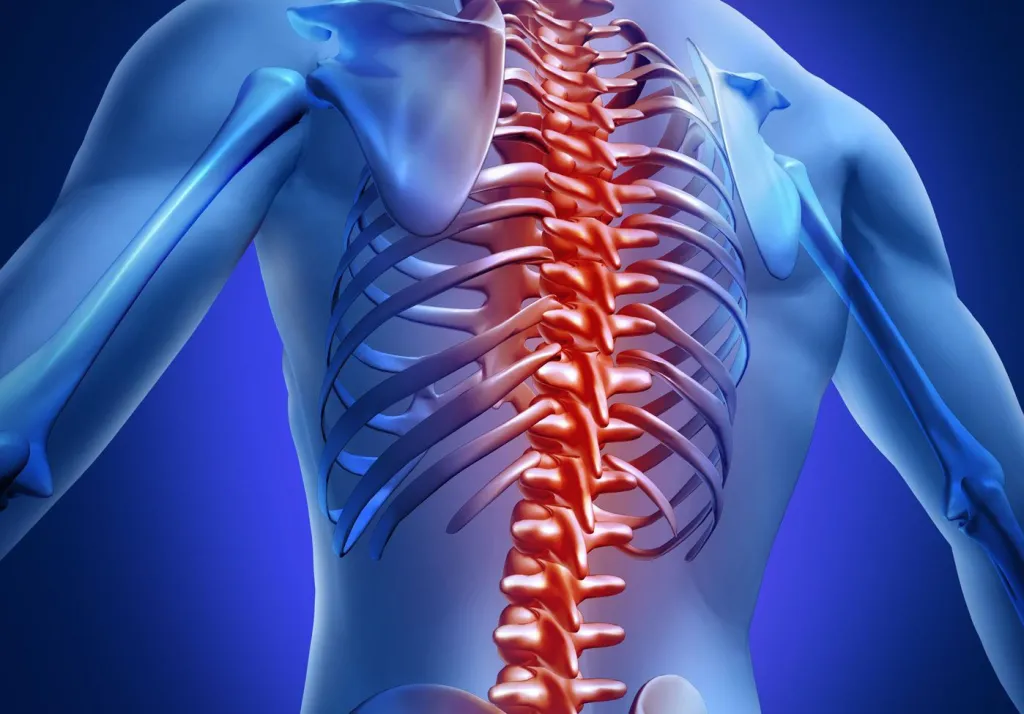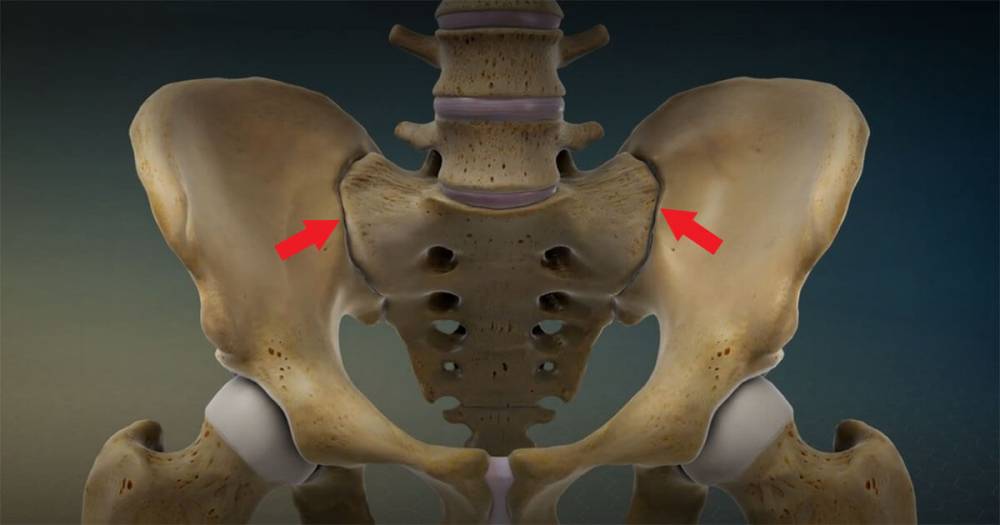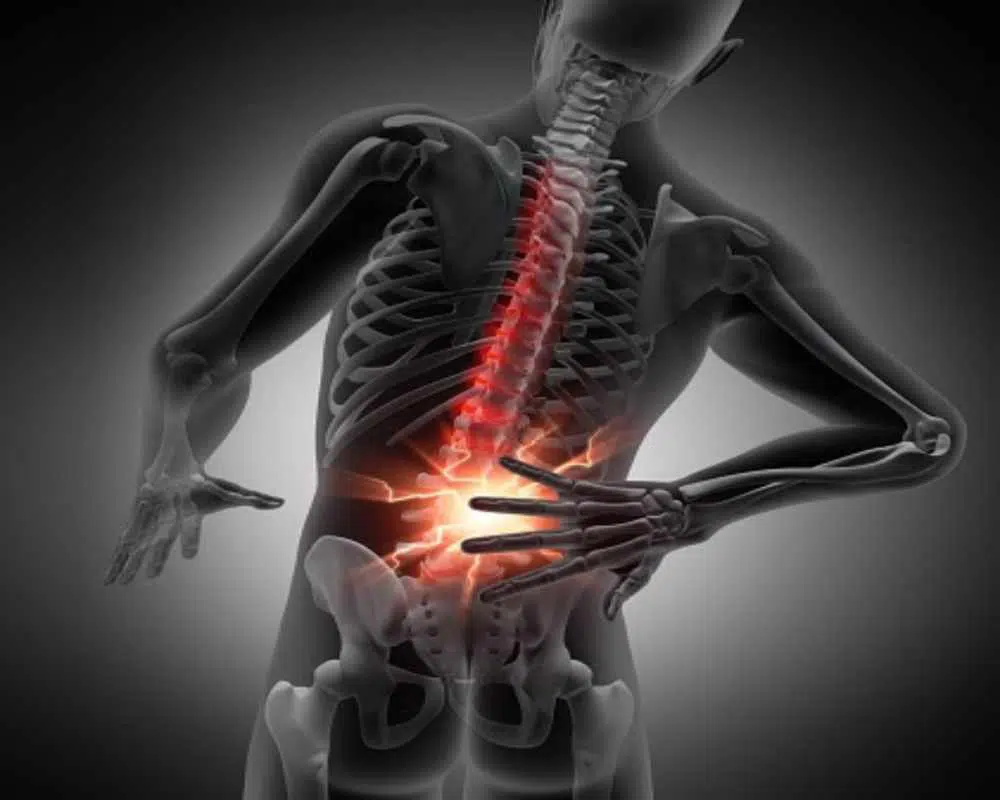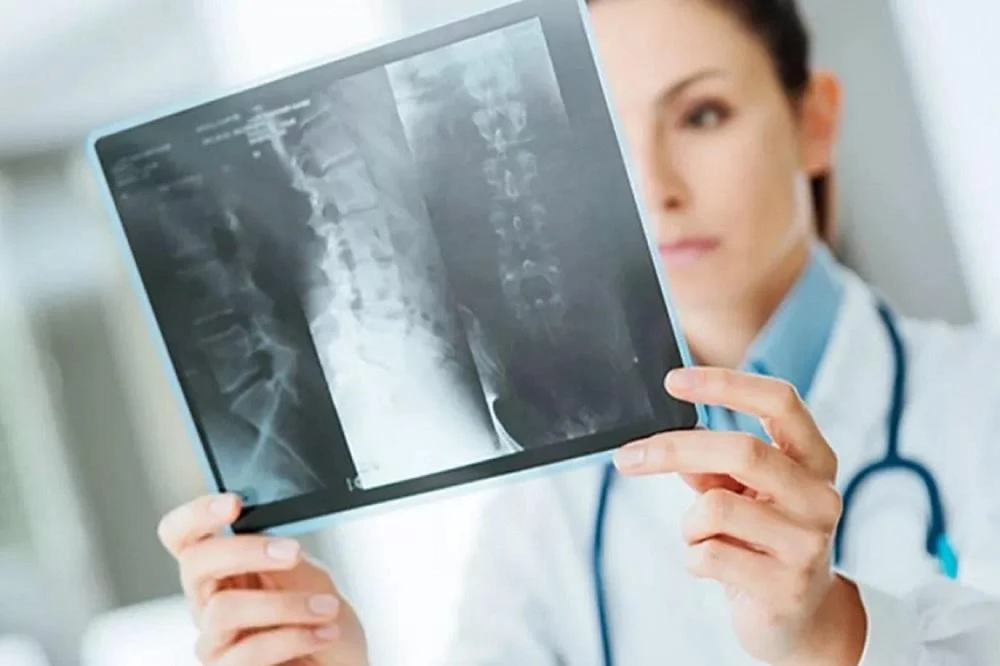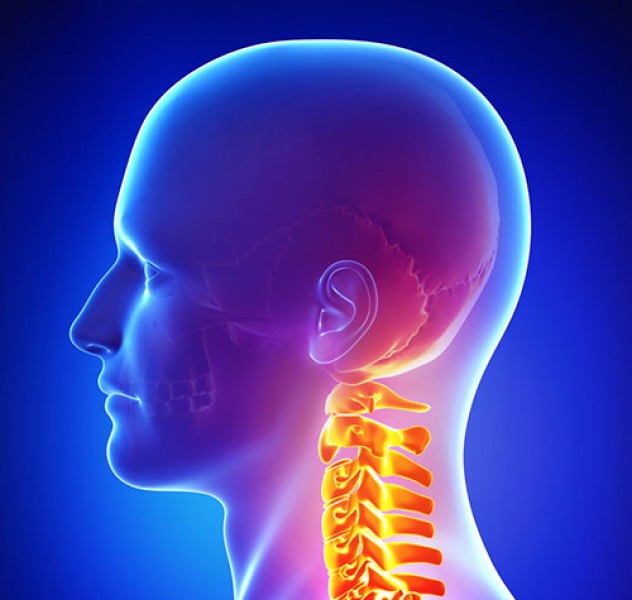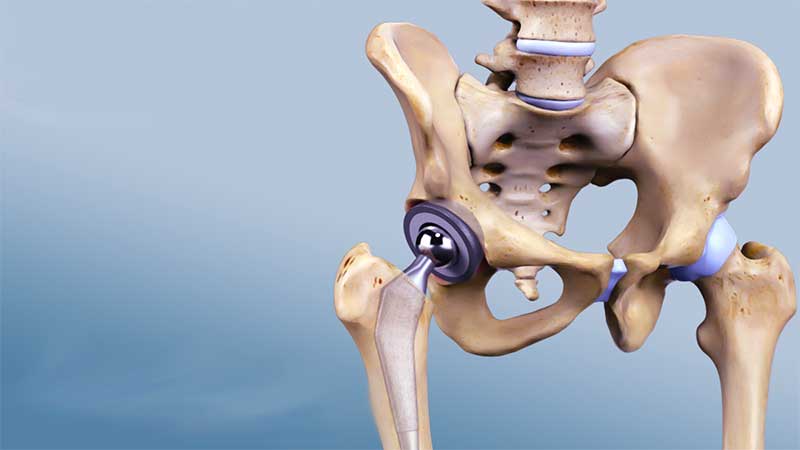!Knee replacement surgery and the most prominent causes that require its replacement
Knee replacement surgery, Knee replacement surgery aims to replace the damaged joint with an artificial joint, which helps restore knee movement, relieve pain, increase function. In this article, we will provide an overview of knee replacement surgery, from the reasons that may require this procedure, to the procedures and factors associated with it, in addition to post-surgical care and its impact on patients’ lives. We will also explore the latest techniques and innovations in the field of knee replacement, and provide information on how to prepare for this procedure and what patients can expect during the recovery process.

Knee replacement surgery
Knee replacement surgery is an important surgical procedure that aims to restore joint function, relieve pain, and improve quality of life for people with knee joint problems. This procedure is an effective solution for people with chronic knee joint diseases such as arthritis, rheumatoid arthritis, degenerative erosion and sclerosis, severe sports injuries.
Knee replacement surgery involves removing the damaged joint and replacing it with an artificial joint made of high quality materials. This procedure requires high surgical skills and experience, and the right surgeon must be chosen who has sufficient knowledge and experience. People undergoing this surgery experience great improvement in their movement and daily functions, and a significant reduction in pain, improved sleep and overall quality of life is observed.
Discover how Dr. Amr Amal can provide an effective and affordable solution for knee replacement surgery.
What is knee replacement surgery?
Knee replacement surgery is a surgical procedure that involves replacing damaged parts of the joint with artificial parts made of metals, plastics and poly. This procedure is an effective option for dealing with advanced knee problems, whether due to arthritis or aging.
Knee replacement surgery is used to treat severe pain and restore function to damaged joints. The need for this surgery may be urgent in cases of osteoporosis and knee roughness, where cartilage erosion in the joint affects knee movement and causes pain and disability.
Knee replacement surgery is performed in two main cases, total replacement and partial replacement. In the case of total replacement, the joint is completely replaced with an artificial knee joint, while in the partial case, part of the damaged joint is replaced with an artificial piece.
Knee replacement surgery is a complex surgical procedure that requires pre and post-operative care procedures. Before surgery, comprehensive tests are performed to assess the patient’s condition and determine the actual need for surgery. After surgery, the patient needs intensive rehabilitation to restore movement and normal knee function.
The success rate of knee replacement surgery depends on several factors, including the patient’s condition and the availability of necessary post-operative care. Knee replacement surgery can provide relief from pain, improved motion and overall quality of life for people with severe knee problems.
In general, knee replacement is an effective surgical procedure for dealing with advanced and disturbing knee problems. Patients suffering from persistent knee pain and restricted movement are advised to consult their doctors to assess their need for surgery and restore their quality of life.
Learn about the details of knee replacement surgery cost with Dr. Amr Amal and get an accurate estimate.
What are the causes of knee replacement?
There are several causes for knee replacement, and we will shed light on the most important of those causes in this article:
- Osteoporosis and knee roughness: Osteoporosis and knee roughness are among the most prominent causes that require knee replacement. With advancing age, the joint may be damaged and lose its natural flexibility and tolerance, leading to roughness and pain.
- Severe intolerable knee pain: When knee pain becomes severe and intolerable, knee replacement may be the only solution. Surgery removes the damaged joint and replaces it with an artificial joint that helps restore proper movement and relieve pain.
- Joint stiffness and rigidity: In some cases, the joint may be severely damaged leading to stiffness and rigidity. Since the joint is unable to perform its natural function, the solution may be to replace it with an artificial joint that restores movement and flexibility to the knee.
- Difficulty walking: When a person is unable to walk due to knee pain and lack of movement, changing the joint can be the best option. By replacing the damaged joint, the ability to walk is restored and overall body movement is improved.
- Other causes of knee replacement: Other causes for which knee replacement is performed include acute injury to the joint, which can lead to severe joint damage and require replacement. Diseases such as rheumatoid arthritis can also affect the knee joint and lead to its replacement.
In addition, educating the patient about physiotherapy and rehabilitation before surgery is an important part of preparing the patient for replacement. After surgery, the patient is directed to undergo physiotherapy and rehabilitation sessions to ensure the success of the surgery and achieve the best possible outcome.
Dr. Amr Amal provides his expertise and competence in treating knee joint problems at competitive prices.
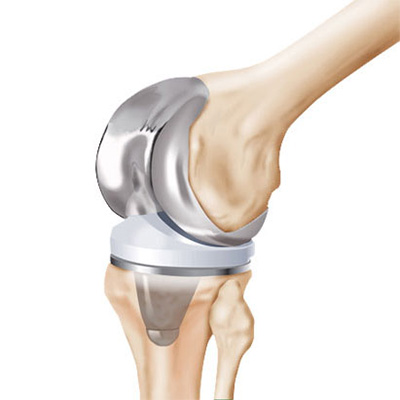
What are the risks of knee replacement surgery?
Knee replacement surgery is a surgical procedure performed to treat chronic knee joint problems that cause pain and restrict a patient’s movement. Although this surgery can be beneficial and improve a person’s quality of life, it can also cause some complications. Below, we will highlight some of the potential adverse effects after knee replacement surgery.
- Bone fractures: A bone fracture can occur during or after knee replacement surgery. This may be due to surgical complications or insufficient protection of the bones surrounding the prosthetic joint.
- Nerve damage: During surgery, damage can occur to the nerves surrounding the knee. This negatively affects nerve function and leg movement. This adverse effect can lead to nerve weakness or loss of sensation around the affected area.
- Joint instability: Some patients may experience instability in the replaced joint after surgery. This problem may be due to improper fixation or misalignment of ligaments surrounding the joint.
- Loss or fracture of prosthetic joint: Although the prosthetic knee joint is designed to withstand movement pressure and strain, some problems can lead to loss of the prosthetic joint or fractures in it. This necessitates additional surgery to repair the prosthetic joint.
- Patient bleeding: Bleeding can occur during or after surgery. Any bleeding should be controlled and blood accumulation in the joint prevented.
- Increased risk of blood clots: Knee replacement surgeries increase the likelihood of blood clots forming in blood vessels. Therefore, it may be beneficial to take anticoagulant medication and follow the doctor’s instructions after surgery.
To minimize these potential complications after knee replacement surgery, patients are advised to start early mobilization after surgery. A rehabilitation program appropriate for the patient may be designed in consultation with the doctor. Following a healthy diet can aid recovery and reduce complications.
Get the best medical care with Dr. Amr Amal and take advantage of knee replacement surgery costs suited to your budget.
Is there pain after knee replacement surgery?
Knee replacement surgery is one that requires a long recovery and close monitoring of any accompanying pain. Many patients suffer from painful sensations after the operation and wonder when they will stabilize and feel complete improvement. The duration of pain after knee replacement surgery varies from person to person, depending on several factors including the extent of surgery and position of the new joint, as well as the patient’s health and personal response to surgery. Some may feel rapid improvement and decreased pain in the first few days after surgery, while others require more time to feel better.
To relieve pain and accelerate healing after knee replacement surgery, patients must adhere to the surgeon’s instructions and follow the medical guidelines provided. Treatment includes pain medication to be taken according to the schedule specified by the doctor. Additionally, prolonged rest and proper leg elevation after surgery help reduce pain and speed up recovery. With advanced healthcare technology, medical institutions seek to provide optimal care for patients undergoing knee replacement surgery, which is a complex procedure that must be taken seriously. The transition of pain after surgery is an aspect that must be considered and monitored carefully.
In general, patients are advised to communicate any unusual signs after the operation to their healthcare team, such as increased pain, redness, swelling or severe itching. Patients should also adhere to physiotherapy sessions and follow appropriate dietary advice to accelerate the recovery process and minimize surgery pain. Although surgery pain is a natural part of recovery after knee replacement, it is important for doctors and patients to work closely together to ensure pain symptoms are normal and not indicative of another problem. Pain persists for a short time but gradually subsides over days and weeks, allowing patients to smoothly and comfortably return to their daily activities.
We are here to help you overcome the obstacle of the cost of knee replacement surgery thanks to Dr. Amr Amal.

What physiotherapy is followed after knee replacement?
Knee replacement surgery is an important surgical procedure aimed at improving knee function and reducing associated pain. To effectively regain normal knee function, the patient may require physiotherapy after surgery. In this article, we will highlight the physiotherapy followed after knee replacement.
First week:
- During the first week after surgery, the patient will have follow-up appointments with the physiotherapist.
- Physiotherapy at this stage focuses on strengthening muscles around the knee and regaining joint movement.
- It is advisable to take prescribed medication from your doctor to relieve pain and swelling.
Second week:
- The patient continues receiving physiotherapy, concentrating on increasing muscle strength, balance and stability.
- The patient learns proper techniques for walking and moving after surgery.
- Patient progress is evaluated and the physiotherapy schedule adjusted if necessary.
Third week:
- The patient is generally directed to home rehabilitation exercise programs to aid full knee movement recovery.
- The patient may be directed to flexibility and stretching exercises to improve range of motion.
Fourth week:
- At this point, the patient can generally complete most physiotherapy sessions.
- Overall knee function is evaluated and future treatment needs determined.
The patient must adhere to the physiotherapist’s instructions and regularly practice prescribed exercises. Some appropriate exercises can aid muscle strengthening, increase stability and balance, restore normal joint movement and reduce pain and swelling. These can greatly contribute to overall improved knee
Tips for living with knee replacement
People who undergo knee replacement surgery may need some tips to live well with this important surgical procedure. Here are some tips that can help you live healthy and successfully with knee replacement:
- Follow the surgeon’s instructions: You must follow the surgeon’s instructions accurately, which may include taking prescribed medications regularly and adhering to specific exercises you should do.
- Walking and moving: Walking is the first step in the recovery process. Use walkers if necessary and try to move the joint slowly without overworking it. Move gradually, gradually increasing your walking range according to your ability and condition.
- Pain and swelling control: You may experience some pain and swelling after surgery. You can apply ice to the knee to reduce swelling and relieve pain. Prescribed medications can also be used to relieve knee pain.
- Exercising: Talk to your doctor about appropriate exercising after surgery. The doctor may recommend exercises that help strengthen muscles around the knee and improve range of motion.
- Personal care: Good care of wounds and scars is an important part of the recovery process. Clean wounds with soap and water and cover them carefully. You may also need to wear dressings that help protect wounds and promote healing.
- Healthy nutrition: Eating balanced, healthy meals is essential to promote healing. Include foods rich in calcium, vitamins and proteins in your diet.
- Weight control: Controlling weight is important to reduce pressure on the artificial joint. Practice appropriate physical activity and follow a healthy diet to maintain a suitable weight.
- Daily activities: Gradually try to perform necessary daily activities independently over time. This may include bathing, meeting your personal needs, and doing light housework.

Knee replacement surgery cost in Egypt
Knee replacement surgery is an important surgical procedure used to treat common knee joint problems such as chronic pain, acquired damage, arthritis and inflammation. The surgeon removes the damaged joint and replaces it with an artificial joint. With the increasing incidence of knee problems, many people in Egypt are looking for the cost of this procedure.
The cost of knee replacement surgery in Egypt depends on several factors, most notably the patient’s condition, disease complications and procedures required to achieve full recovery. Various tests such as x-rays, blood tests and others may be required. Hospital and care costs can also affect the cost of surgery.
On average, the cost of knee replacement surgery in Egypt ranges between 90,000 to 120,000 Egyptian pounds. This cost includes all necessary medical examinations and hospital costs. It should be noted that this is a general estimate and may vary based on the factors mentioned above.
The type of joint used in the procedure also affects its cost. If the patient needs a total or partial joint replacement, this may affect the total cost of the procedure. Additionally, if there is a need to use additional supports or artificial parts, they may be charged with additional costs.
It is very important for people considering knee replacement surgery in Egypt to consult their treating specialist and present their case to determine the appropriate cost and treatment plan. It is advisable to get multiple consultations and compare prices and services before making a final decision, so that the patient gets the best therapeutic results at an acceptable cost.
Knee replacement surgery with Dr. Amr Aml provides an opportunity to regain your life at the lowest possible cost.
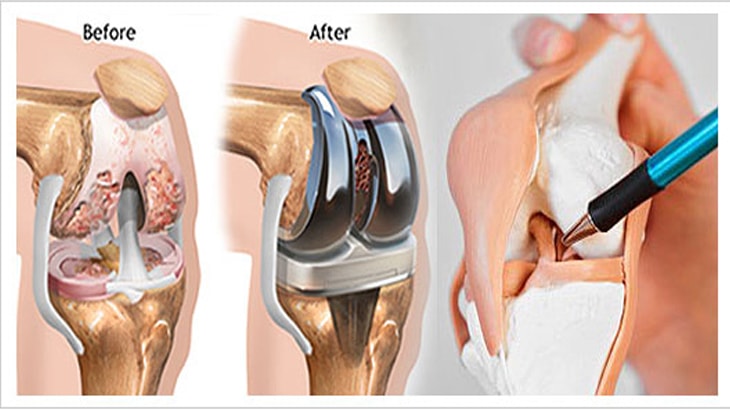
Best knee orthopedic surgeon in Cairo
Dr. Amr Aml has gained wide acclaim as one of the best specialized orthopedic and joint surgeons in Cairo, especially in the field of knee specialty. Dr. Amr Aml is distinguished by extensive experience and deep knowledge in this field, as he holds a Bachelor of Medicine degree in Orthopedics from the Faculty of Medicine, Ain Shams University, with an honor degree.
Knee surgery is one of the most prominent specialties of Dr. Amr Aml, as he successfully performs joint replacement operations, which helps improve joint movement, relieve pain and improve patients’ quality of life. Additionally, Dr. Aml provides consultations and treatments for other knee problems such as bone fractures, sprains, arthritis and rheumatic diseases.
Dr. Amr Aml’s clinic is centrally located in Nasr City, Cairo, where Dr. Aml works as a consultant and lecturer in orthopedic and joint surgery and sports injuries at Ain Shams University. The doctor has an excellent general rating based on previous patient reviews, enjoying a good reputation in his field.
If you suffer from knee problems and need specialized surgical services, you can contact Dr. Amr Aml clinic and make an appointment with him. The clinic provides comprehensive and integrated services to its patients, including advanced medical examinations, accurate diagnosis and appropriate treatment. The clinic also provides a comfortable and safe environment for patients and a friendly medical team that seeks to provide the best healthcare for patients.

